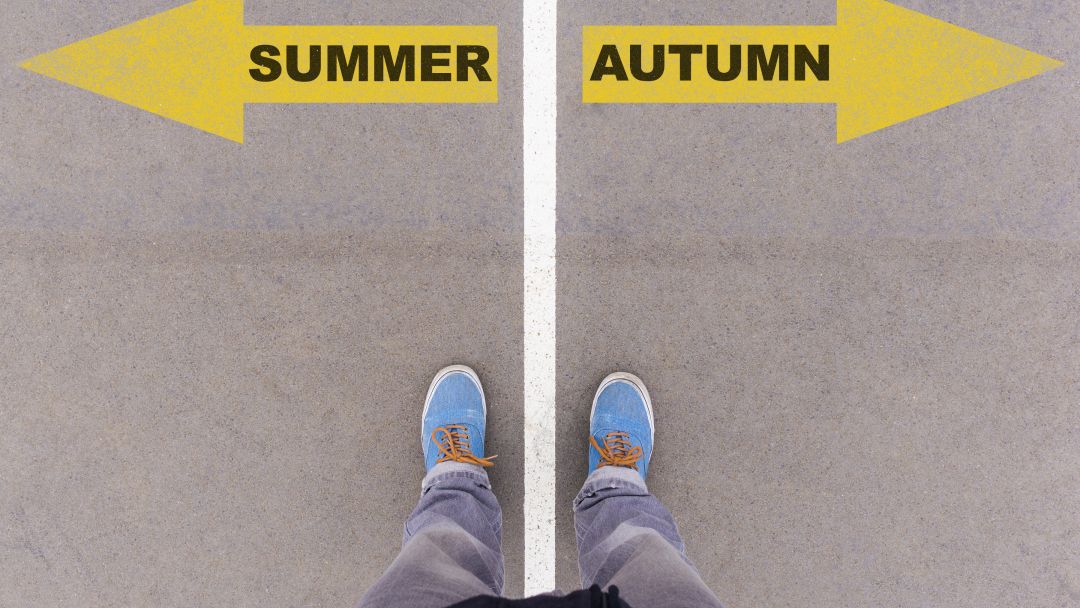What are the Implications of Coronovirus for Autumn Term Sport?

There seems widespread agreement that, if and when schools return in the summer term, there’s not going to be a lot of sport. No doubt the ingenuity and inventiveness that schools are showing to encourage activity during the current spell of online learning will continue, and respond the changing restrictions of the term.
However, looking ahead to September is a venture into the entirely unknown. Schools will be justifiably keen to return to something that closely resembles normal, and games, sports and physical activities are an important part of that. However, there appears little doubt that significant restrictions will continue to apply, probably to Christmas, and maybe beyond. The Government’s Chief Medical Adviser rates the chances of a return to normal in 2020 as “incredibly small”.
This will take autumn term sport into wholly uncharted territory. For many schools, the new school year involves a majority of pupils taking part in traditional games, often Rugby (or Association) Football for the boys, and Hockey and/or Netball for girls. What will happen if these activities remain impossible, outlawed either by National Governing Bodies (as most are at present) or by schools’ own (possibly more risk-averse) operating policies? If social distancing is at one end of a continuum, Rugby is at the other, distant end. Even when travel bans come to eased, or even lifted, it will be some time before schools are comfortable to pack their teams into buses and send them into an environment which they cannot control. Requiring them to play in close proximity, if not physical contact, with opponents whose health records are unknown. In front of spectators who have travelled to attend, and are disinclined to stand 2 metres apart. It is hard to envisage any inter-school activity in 2020.
Freed from the tyranny of the fixture list, the race to prepare teams for matches on the first weekend of term, and the requirement to focus on the same sports as every other school, there exists an opportunity to experiment. What this looks like will depend on whether traditional winter games can be played internally within a school, or whether they are forbidden entirely.
There exists a unique opportunity. Whatever programme is trialled in these unusual circumstances can be objectively evaluated, against the known advantages and disadvantages of conventional provision. There will always be the backstop of returning to “normal” when this becomes possible. Traditional games, and inter-school competition, will always remain a sector characteristic. However, the current circumstances provide the possibility of new sports, different seasons and greater flexibility. No one is committed to repeating anything done in emergency circumstances: it is a window of forced experimentation
There may be a chance to seek alternatives. To consider whether autumn Cricket really is workable, or whether the summer might be a better time for Netball. To give wider exposure to games struggling for a foothold in the conventional season, such as Girls’ Football, Sevens or Basketball. Whether it is possible to challenge the single sport model, and have two principal competitive activities in a term? To find out what would happen if choice was wider - or narrower. To introduce new activities to evaluate their impact. To consider new coaching and teaching styles. Freed – temporarily - from sector conventions and the need to focus resources into preparing school teams, opportunities exist to look beyond what has gone before. Perhaps some things that were previously thought inviolable might turn out to be more marginal that was suspected.
The need for debate, collaboration and sharing ideas is greater than ever. There is the chance for meaningful exchange of views, and to elevate communication beyond the logistics of the fixture list. It is a one-off opportunity. It would be unlikely if this didn’t result in some programme improvements. Some might be incremental – others more radical.
At a time when “normal” expectations have been suspended across the world, there exists the chance to imagine what might come next. Some schools will undoubtedly try to operate as closely as possible to the system they know and are comfortable with. Others will investigate alternatives, open-minded to the possibility that the current programme may not be perfect. This is an opportunity to create a new “normal” that is recognisable – but recognisably superior to what went before.